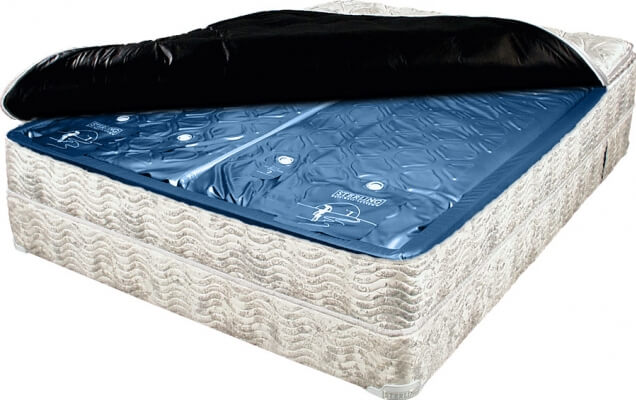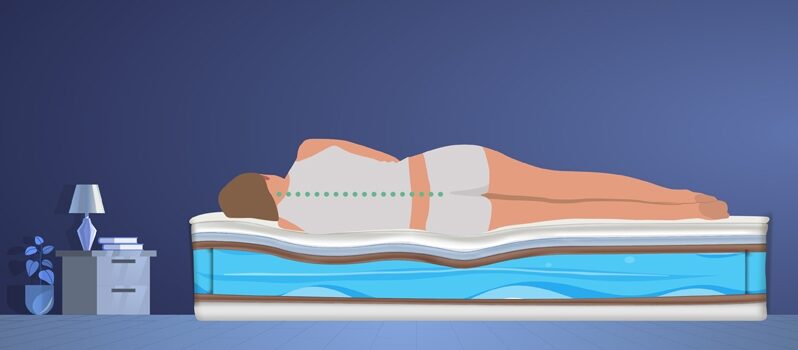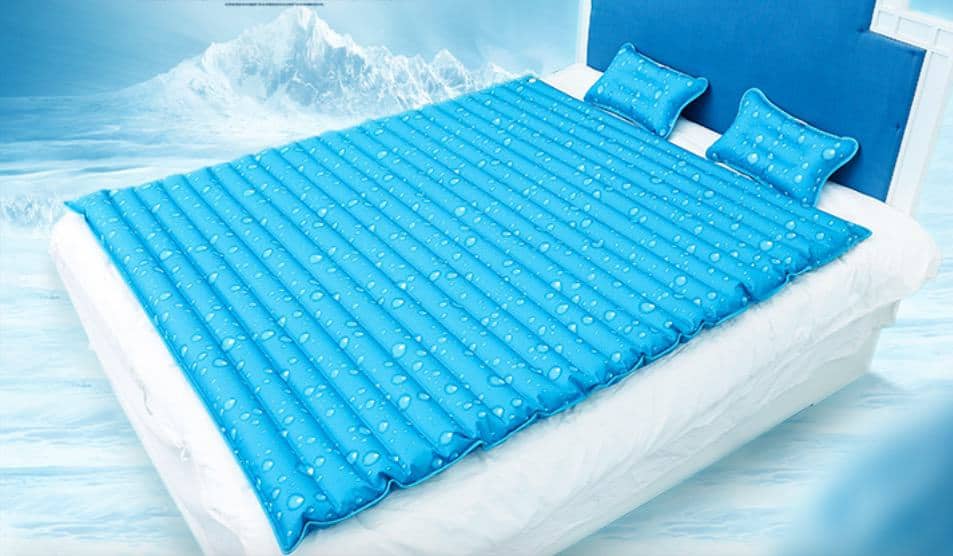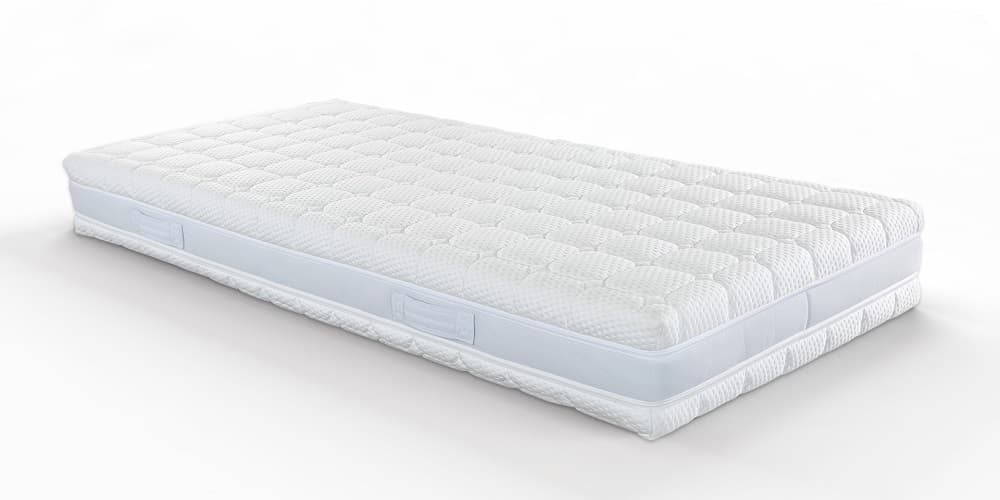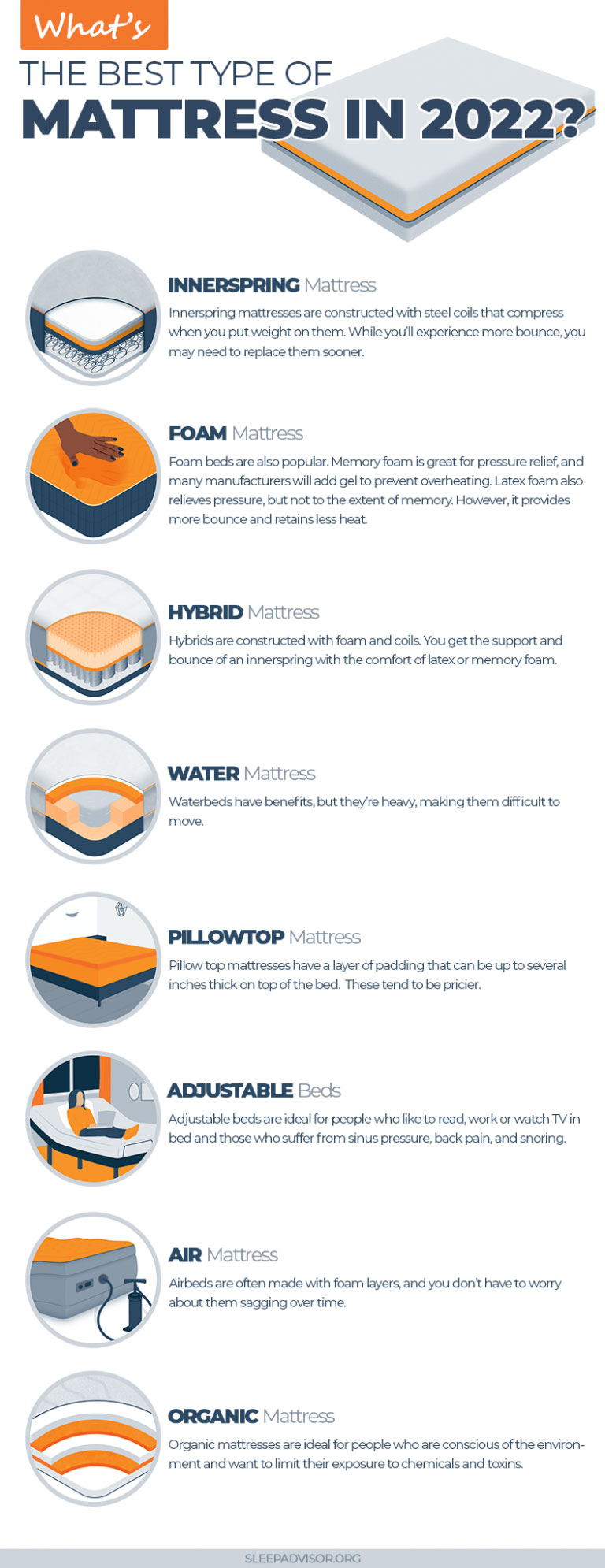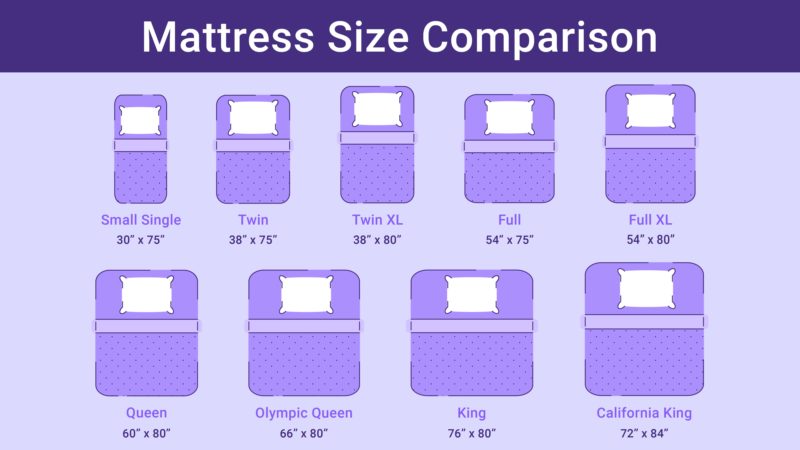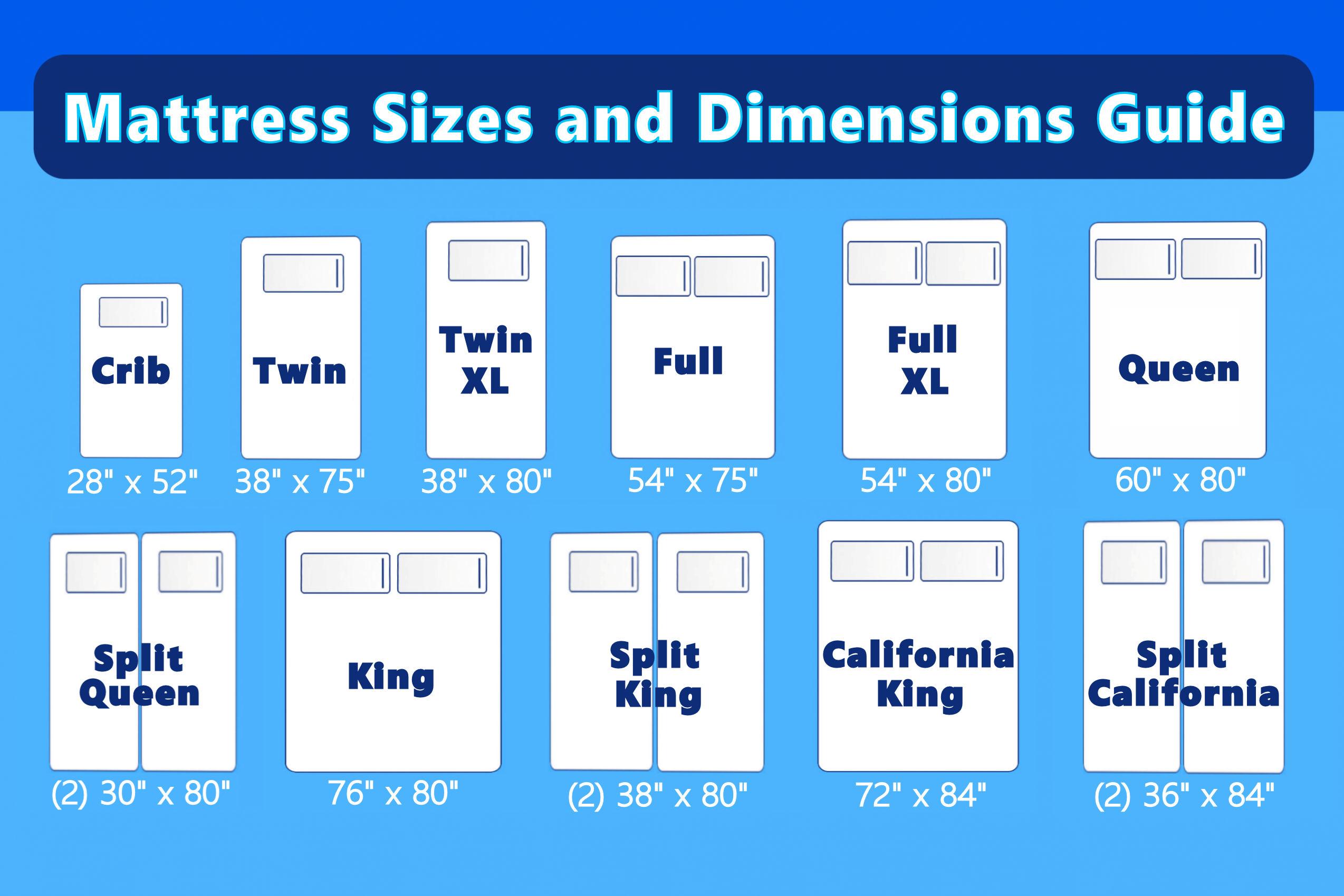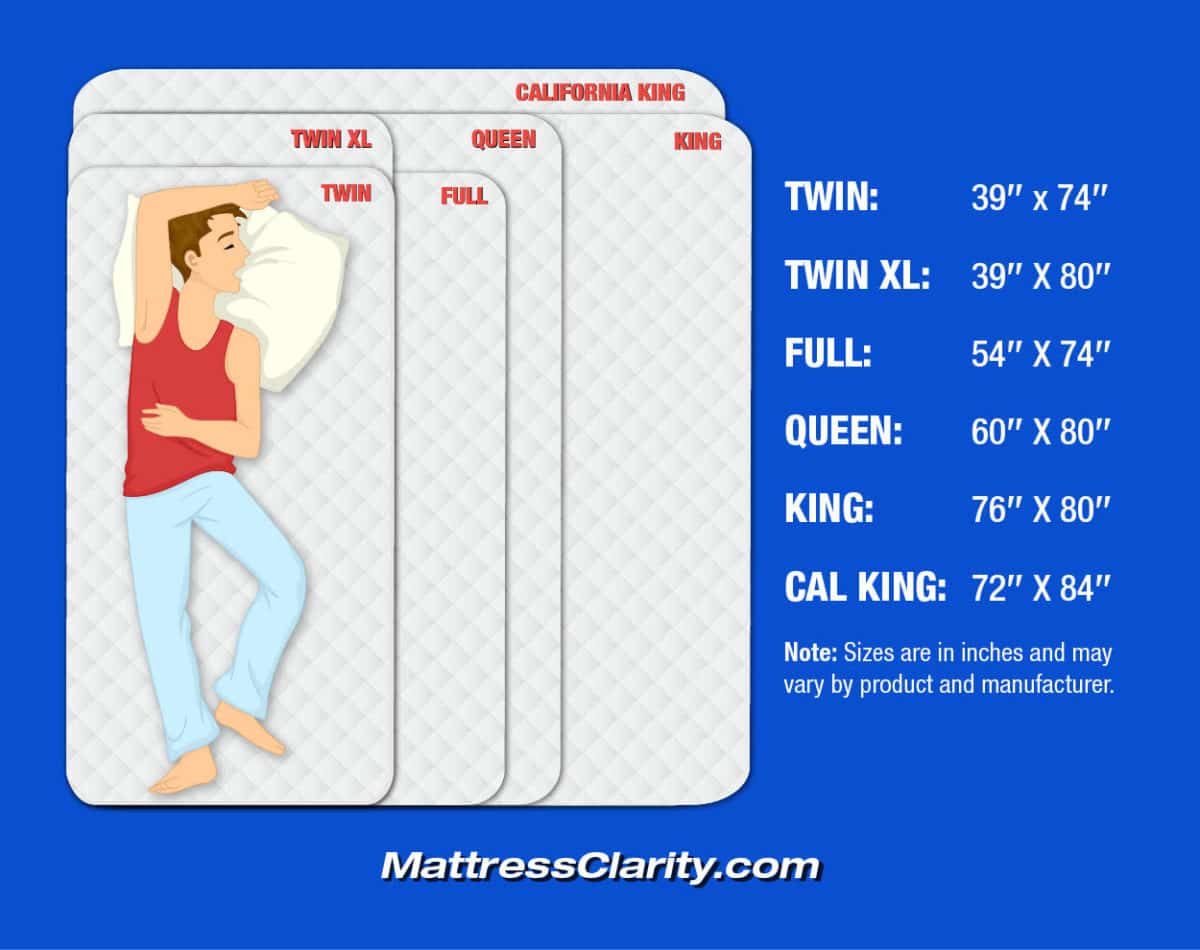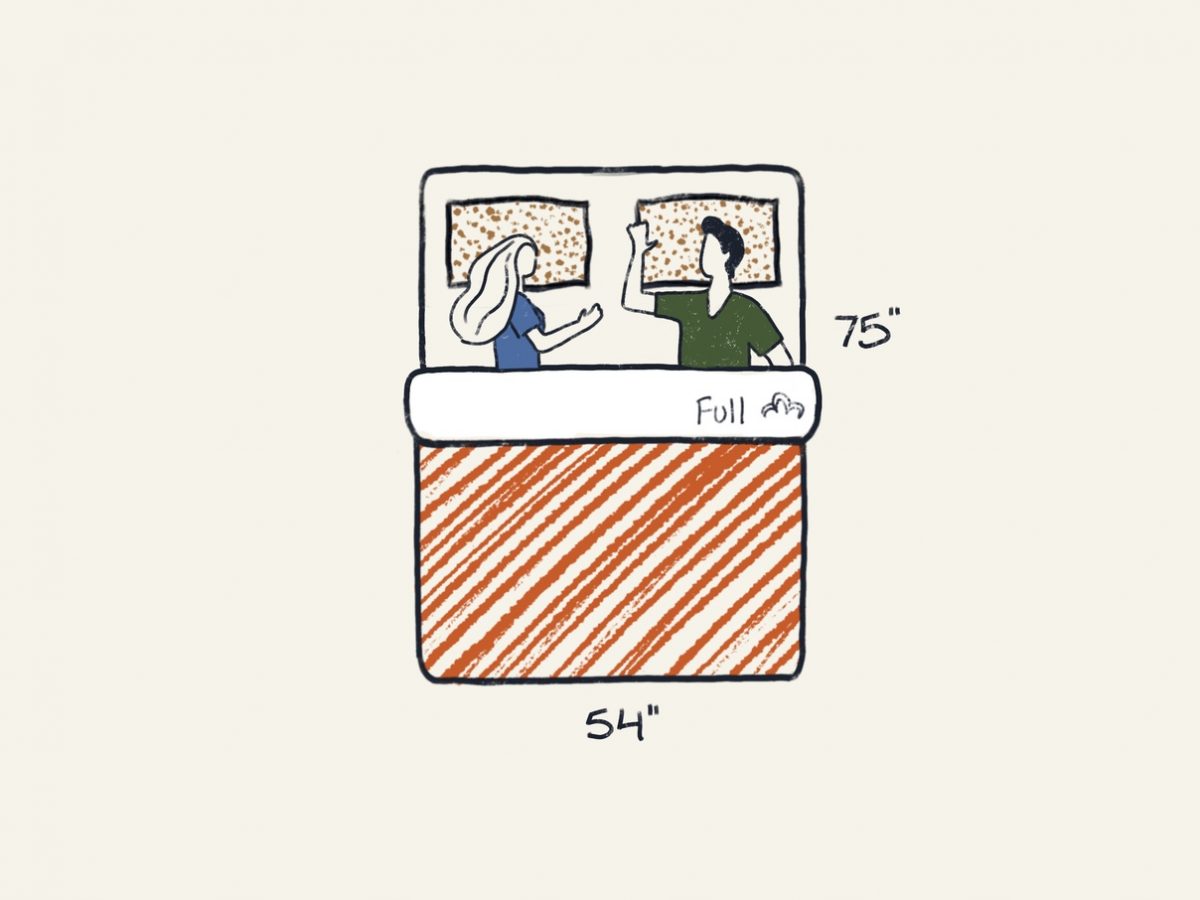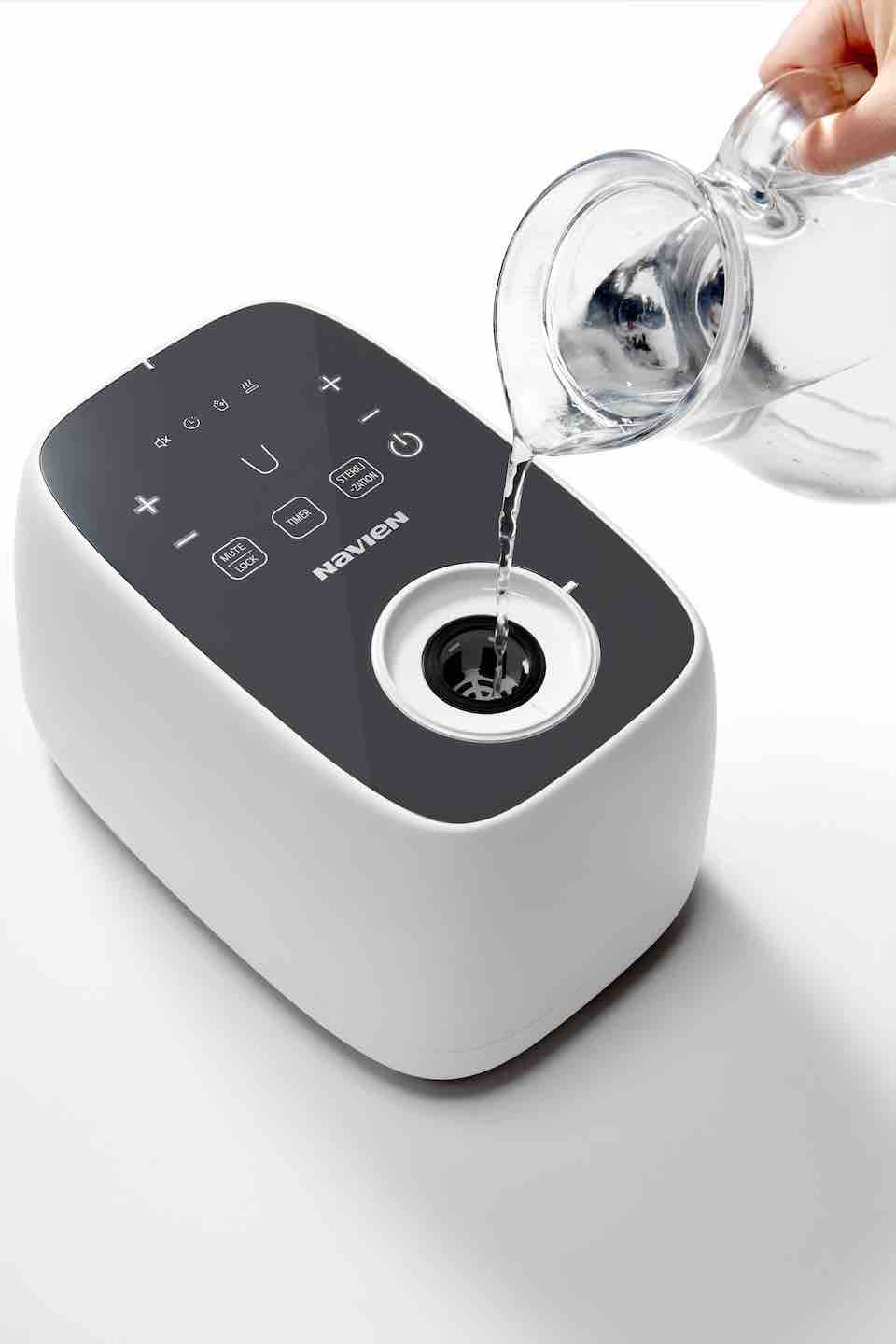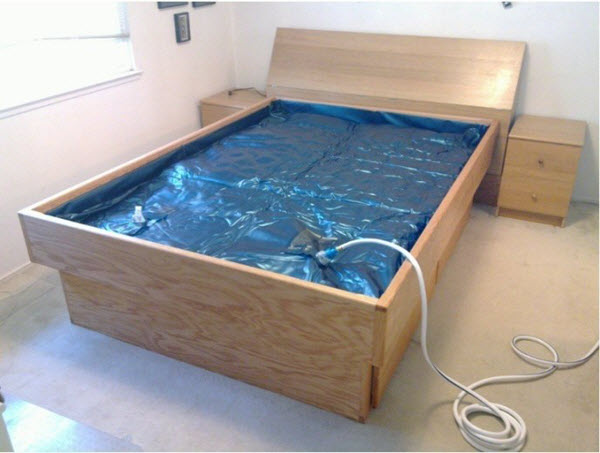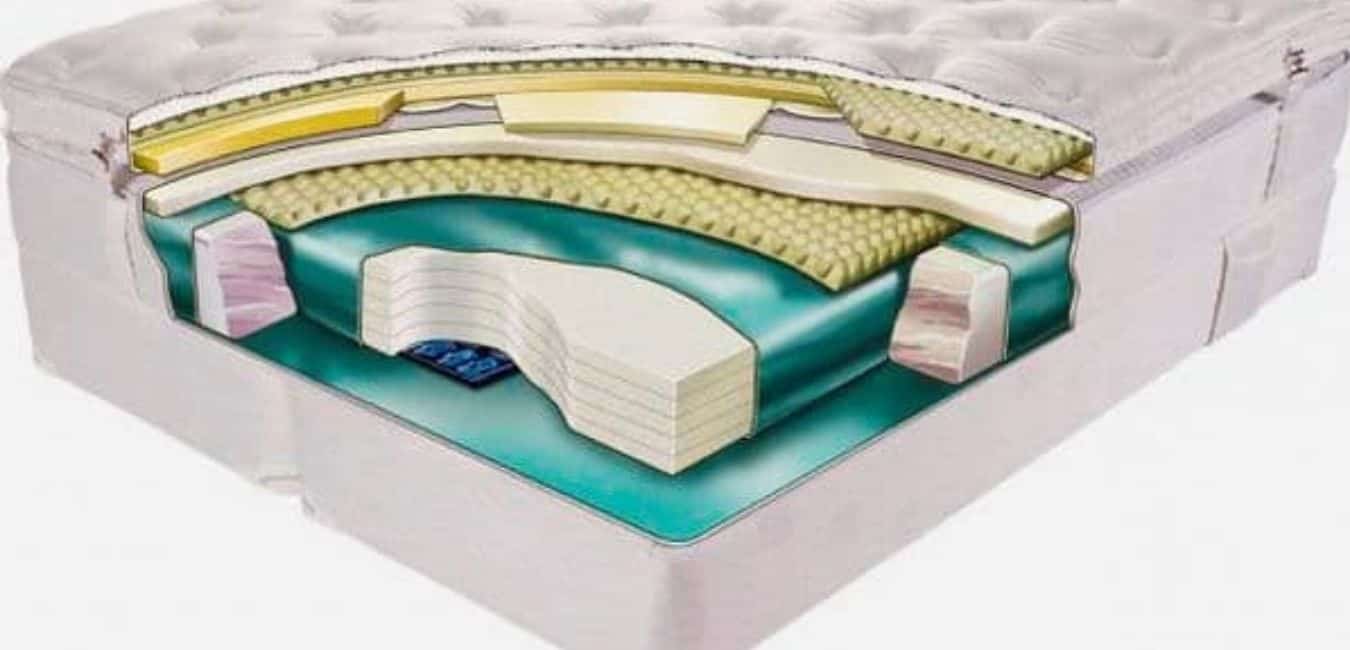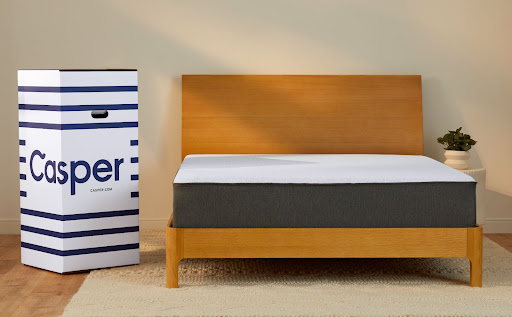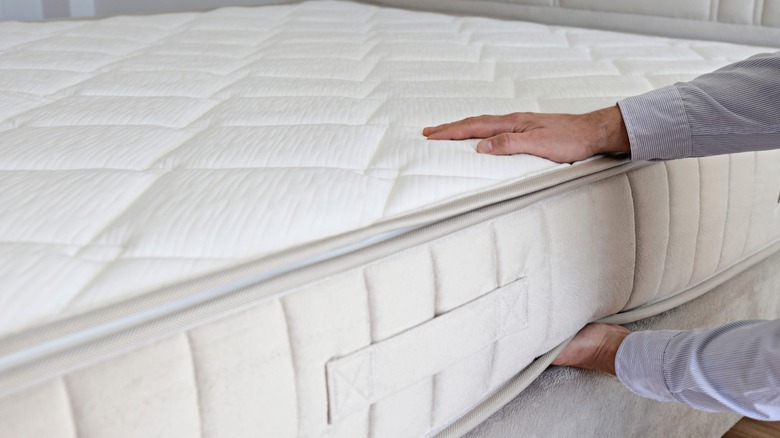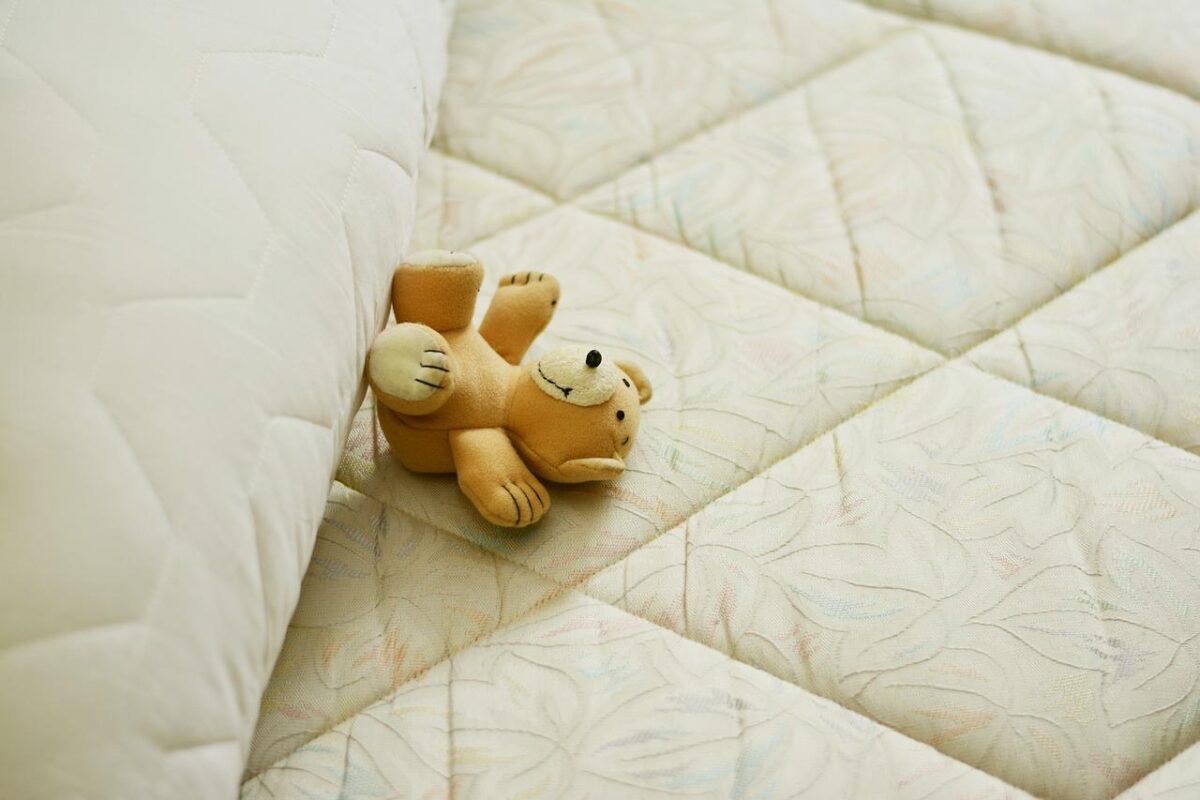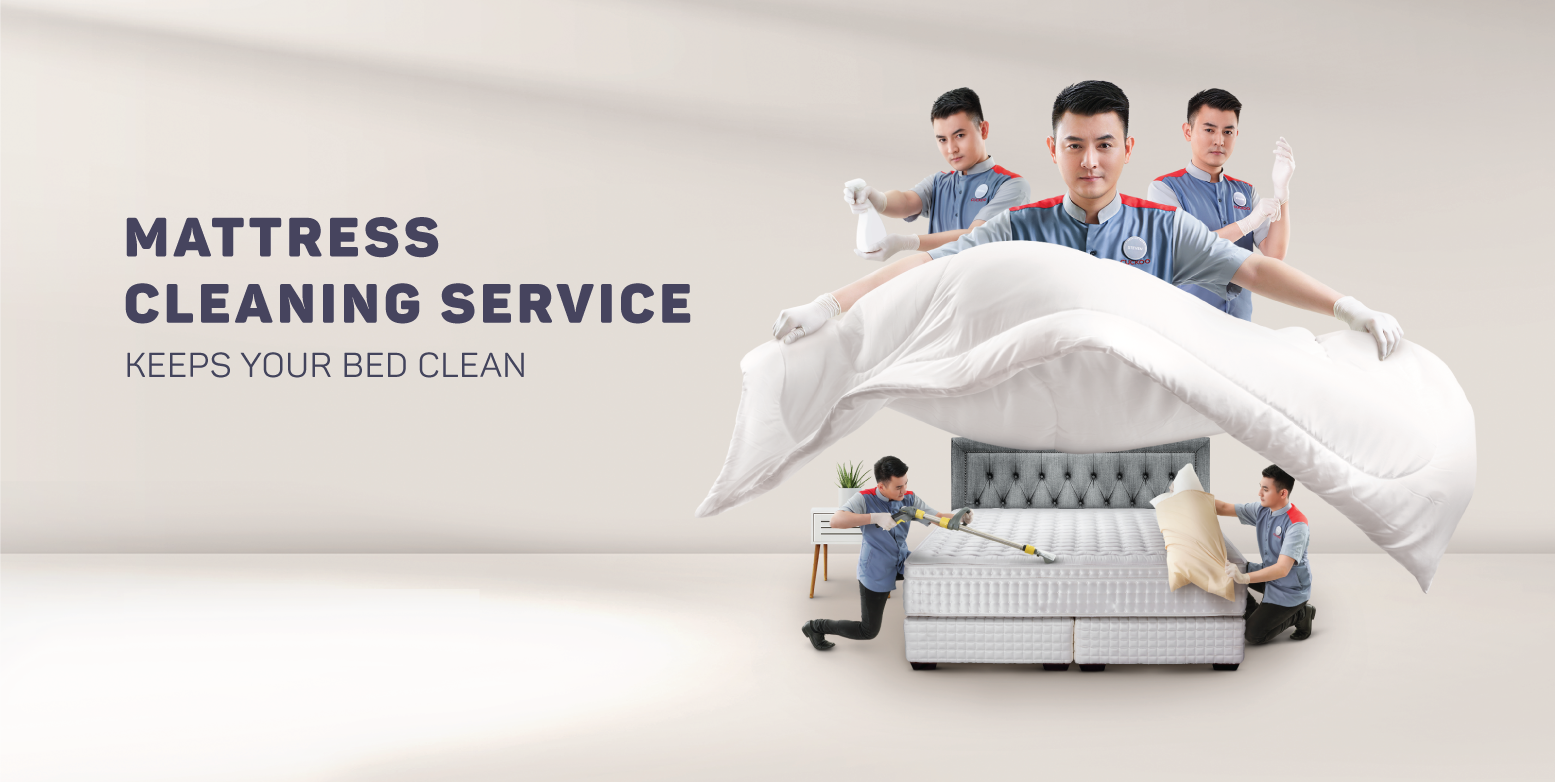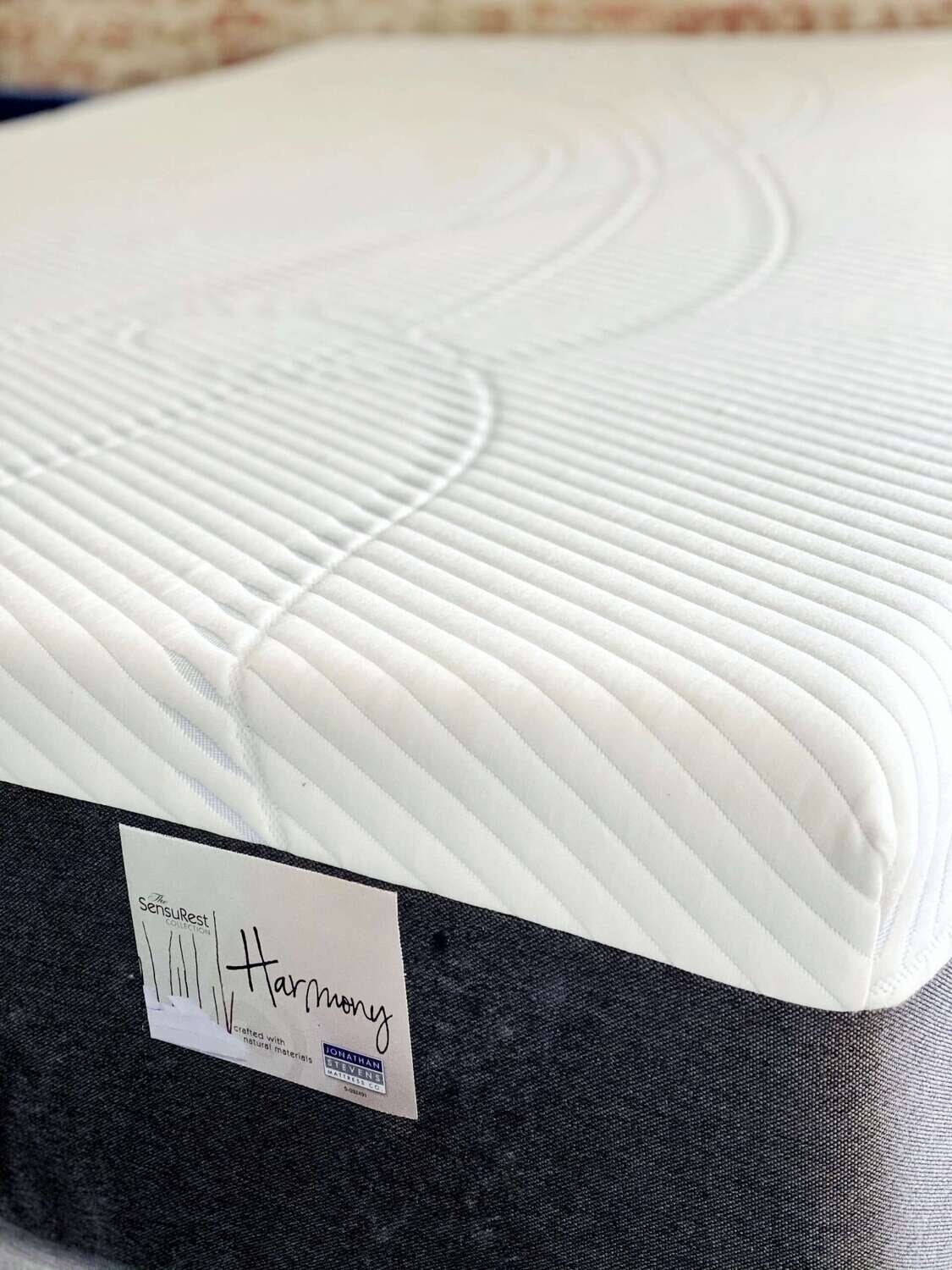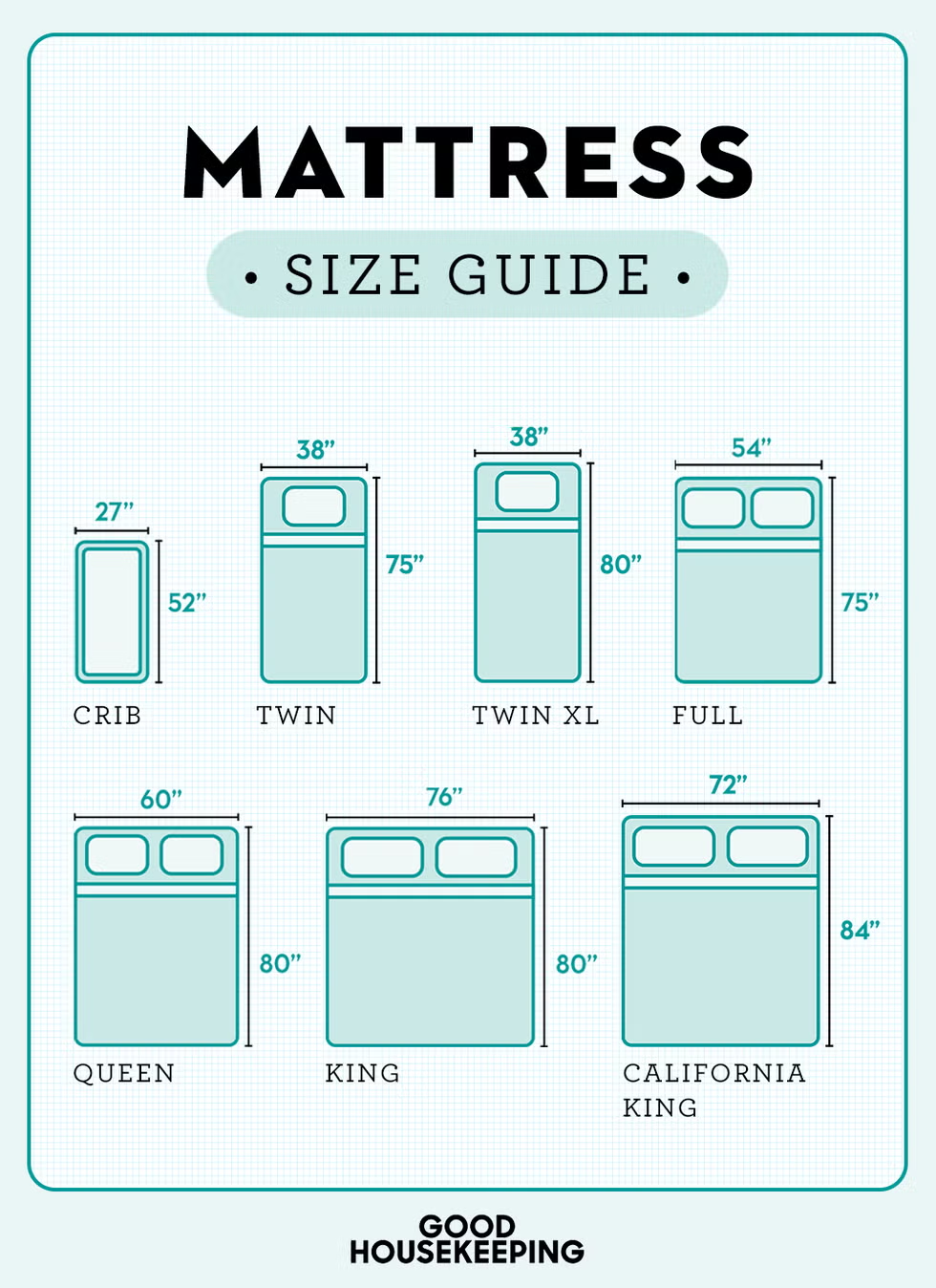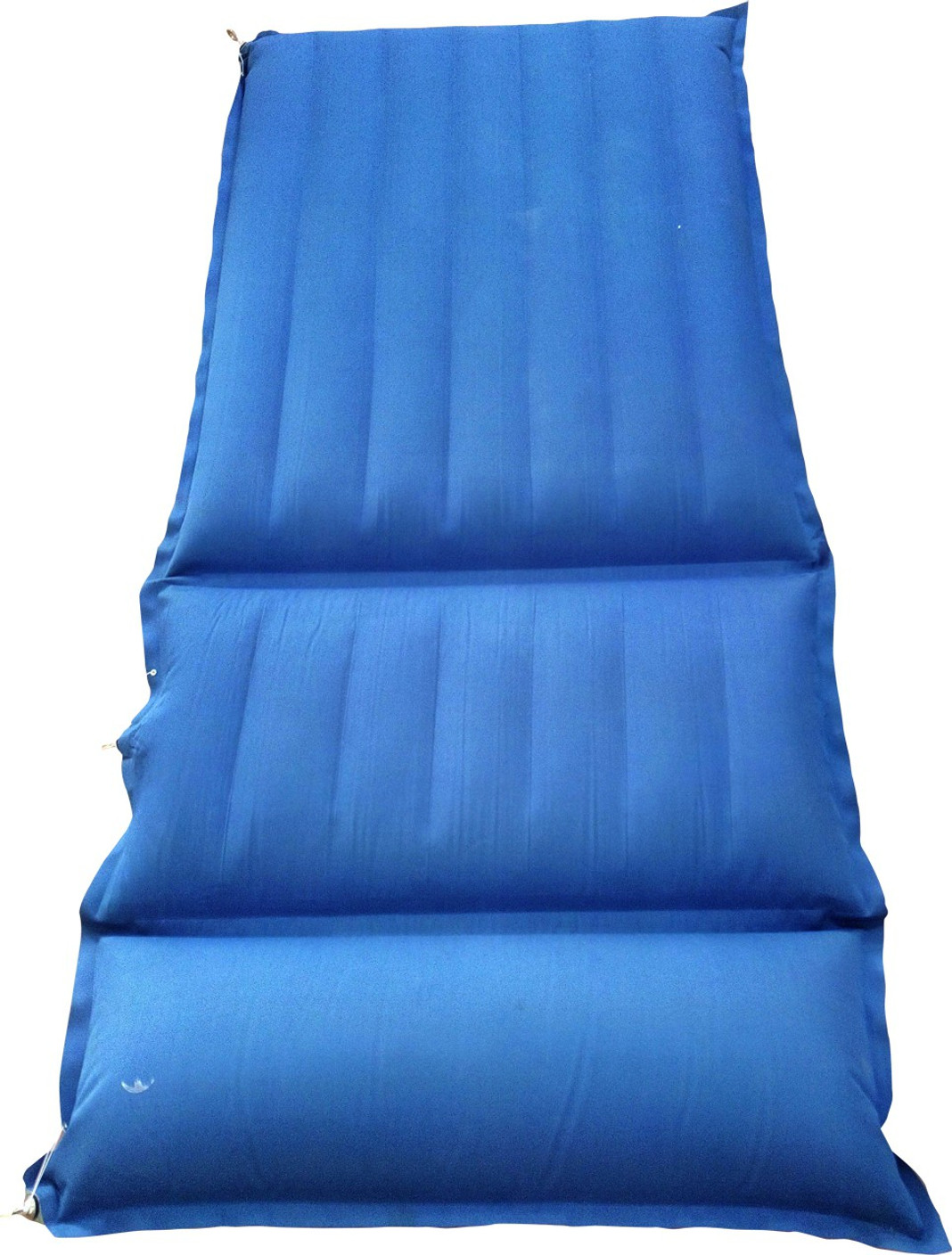When it comes to getting a good night's sleep, choosing the right mattress is crucial. With so many options available, it can be overwhelming to decide between a water bed and a traditional mattress. In this article, we will explore the key differences between these two types of mattresses and help you determine which one is better for your sleep needs.Water Bed vs Traditional Mattress: Which One is Better for Your Sleep?
Before we dive into the comparison, let's take a look at the pros and cons of each type of mattress. Water Bed Pros:Water Bed vs Traditional Mattress: Pros and Cons
The main difference between a water bed and a traditional mattress is the way they provide support. A water bed uses water as the main support system, while a traditional mattress uses various materials such as coils, foam, or latex. Water beds offer customizable support as the water can be adjusted to fit your body's shape and weight. This can help alleviate pressure points and reduce back pain. Traditional mattresses, on the other hand, come in a variety of firmness levels and materials, allowing you to choose the best fit for your body and sleep preferences. In terms of motion transfer, water beds can be less bouncy and have less motion transfer compared to traditional mattresses. This can be beneficial for couples who have different sleep schedules or for those who are easily disturbed by movements during the night.Water Bed vs Traditional Mattress: Comparison and Differences
When it comes to comfort and support, both water beds and traditional mattresses have their advantages. As mentioned earlier, water beds offer customizable support, which can be beneficial for those with back pain or other body aches. However, traditional mattresses also come in a variety of options and can provide adequate support for most individuals. In terms of comfort, this is more subjective and depends on personal preferences. Some people find the feeling of sleeping on water to be soothing and therapeutic, while others may find it too soft or unstable. Traditional mattresses also have a wide range of options, from firm to plush, so you can find the right level of comfort for your needs.Water Bed vs Traditional Mattress: Comfort and Support
When it comes to durability, traditional mattresses tend to have a longer lifespan compared to water beds. Water beds are more prone to punctures and leaks, which can lead to costly repairs or replacements. Traditional mattresses, on the other hand, can last anywhere from 8-10 years, depending on the quality and materials used. In terms of maintenance, water beds require more attention and care. They need to be filled and drained regularly, and the water needs to be treated with chemicals to prevent the growth of bacteria and algae. Traditional mattresses, on the other hand, only require occasional flipping and rotating to maintain their shape.Water Bed vs Traditional Mattress: Durability and Maintenance
In general, water beds tend to be more expensive than traditional mattresses. This is due to the specialized materials and construction needed to support the weight of the water and prevent leaks. Traditional mattresses come in a wide range of prices, making them more affordable for those on a budget. However, it's important to consider the long-term costs as well. Water beds may require more maintenance and repairs, which can add up over time. Traditional mattresses may need to be replaced more frequently, especially if they start to sag or lose shape.Water Bed vs Traditional Mattress: Cost and Affordability
Both water beds and traditional mattresses have their own set of health benefits and risks. Water beds can provide better support for those with back pain and can also be heated for added relief. They are also less likely to accumulate dust mites and other allergens, making them a better option for those with allergies. However, water beds also come with the risk of leaks and punctures, which can cause water damage to your bedroom and potentially harm your health if mold starts to grow. Traditional mattresses may accumulate dust mites and allergens, but regular cleaning and maintenance can help mitigate these risks.Water Bed vs Traditional Mattress: Health Benefits and Risks
In terms of environmental impact, traditional mattresses may be the better option. Water beds require a significant amount of energy and resources to produce and can be difficult to recycle. Traditional mattresses can also be challenging to recycle, but there are eco-friendly options available, such as organic and natural materials.Water Bed vs Traditional Mattress: Environmental Impact
When making a big purchase like a mattress, it's always helpful to read reviews and ratings from other customers. While individual experiences may vary, customer reviews can give you an idea of the overall satisfaction and performance of a particular type of mattress. Take the time to research and read reviews for both water beds and traditional mattresses to determine which one may be the best fit for you.Water Bed vs Traditional Mattress: Customer Reviews and Ratings
After considering all the factors, the decision ultimately comes down to personal preference. If you prioritize customizable support and have no concerns about maintenance and potential leaks, then a water bed may be the right choice for you. However, if you prefer a wider range of options, easier maintenance, and potentially lower costs, a traditional mattress may be the better option. Ultimately, the most important factor is choosing a mattress that provides you with a comfortable and restful sleep. Take the time to research and try out different options to find the perfect mattress for your needs. Sweet dreams!Water Bed vs Traditional Mattress: Which One is Right for You?
Water Bed vs Traditional Mattress: Which Is Better for Your Health?

The Rise of Water Beds in Modern House Design
 In recent years, there has been a growing trend in incorporating water beds into modern house design. These beds, also known as flotation beds, use water as their primary support system instead of traditional springs or foam. This may seem like a new and unconventional concept, but water beds actually have a long history dating back to the 19th century. However, with the advancement of technology and the availability of different materials, water beds have become more durable, comfortable, and customizable. But how do they compare to the traditional mattress in terms of health benefits?
In recent years, there has been a growing trend in incorporating water beds into modern house design. These beds, also known as flotation beds, use water as their primary support system instead of traditional springs or foam. This may seem like a new and unconventional concept, but water beds actually have a long history dating back to the 19th century. However, with the advancement of technology and the availability of different materials, water beds have become more durable, comfortable, and customizable. But how do they compare to the traditional mattress in terms of health benefits?
The Benefits of Sleeping on a Water Bed
 One of the main advantages of sleeping on a water bed is its unique support system. The water inside the bed conforms to the shape of your body, providing even support and reducing pressure points. This can be especially beneficial for those who suffer from back pain or other joint-related issues. The buoyancy of the water also helps to improve blood circulation, allowing for a more restful sleep.
Another benefit of water beds is their hypoallergenic properties. Traditional mattresses can accumulate dust, dirt, and other allergens over time, which can cause discomfort for those with allergies or respiratory issues. Water beds, on the other hand, are made of vinyl or other materials that are resistant to dust and mold, making them a more hygienic option for those with allergies.
One of the main advantages of sleeping on a water bed is its unique support system. The water inside the bed conforms to the shape of your body, providing even support and reducing pressure points. This can be especially beneficial for those who suffer from back pain or other joint-related issues. The buoyancy of the water also helps to improve blood circulation, allowing for a more restful sleep.
Another benefit of water beds is their hypoallergenic properties. Traditional mattresses can accumulate dust, dirt, and other allergens over time, which can cause discomfort for those with allergies or respiratory issues. Water beds, on the other hand, are made of vinyl or other materials that are resistant to dust and mold, making them a more hygienic option for those with allergies.
The Drawbacks of Traditional Mattresses
 Traditional mattresses, while the more common choice, also have some drawbacks. One of the main issues is that they can lose their shape and support over time, leading to discomfort and restless nights. The springs and foam can also create pressure points, causing aches and pains in the body. Additionally, traditional mattresses can be a breeding ground for dust mites, which can aggravate allergies and respiratory problems.
Traditional mattresses, while the more common choice, also have some drawbacks. One of the main issues is that they can lose their shape and support over time, leading to discomfort and restless nights. The springs and foam can also create pressure points, causing aches and pains in the body. Additionally, traditional mattresses can be a breeding ground for dust mites, which can aggravate allergies and respiratory problems.
Choosing the Right Option for Your Health and Comfort
 Ultimately, whether a water bed or traditional mattress is better for your health and comfort depends on individual preferences and needs. While water beds offer unique benefits, they may not be suitable for everyone. It is important to consider factors such as body type, sleeping habits, and health issues before making a decision.
In conclusion, water beds have come a long way since their invention and offer a viable alternative to the traditional mattress. With their customizable support and hypoallergenic properties, they can be a great option for those seeking a more comfortable and health-conscious sleep experience. However, it is always important to consult with a healthcare professional before making any major changes to your sleep routine. After all, a good night's sleep is essential for our overall well-being.
Ultimately, whether a water bed or traditional mattress is better for your health and comfort depends on individual preferences and needs. While water beds offer unique benefits, they may not be suitable for everyone. It is important to consider factors such as body type, sleeping habits, and health issues before making a decision.
In conclusion, water beds have come a long way since their invention and offer a viable alternative to the traditional mattress. With their customizable support and hypoallergenic properties, they can be a great option for those seeking a more comfortable and health-conscious sleep experience. However, it is always important to consult with a healthcare professional before making any major changes to your sleep routine. After all, a good night's sleep is essential for our overall well-being.



